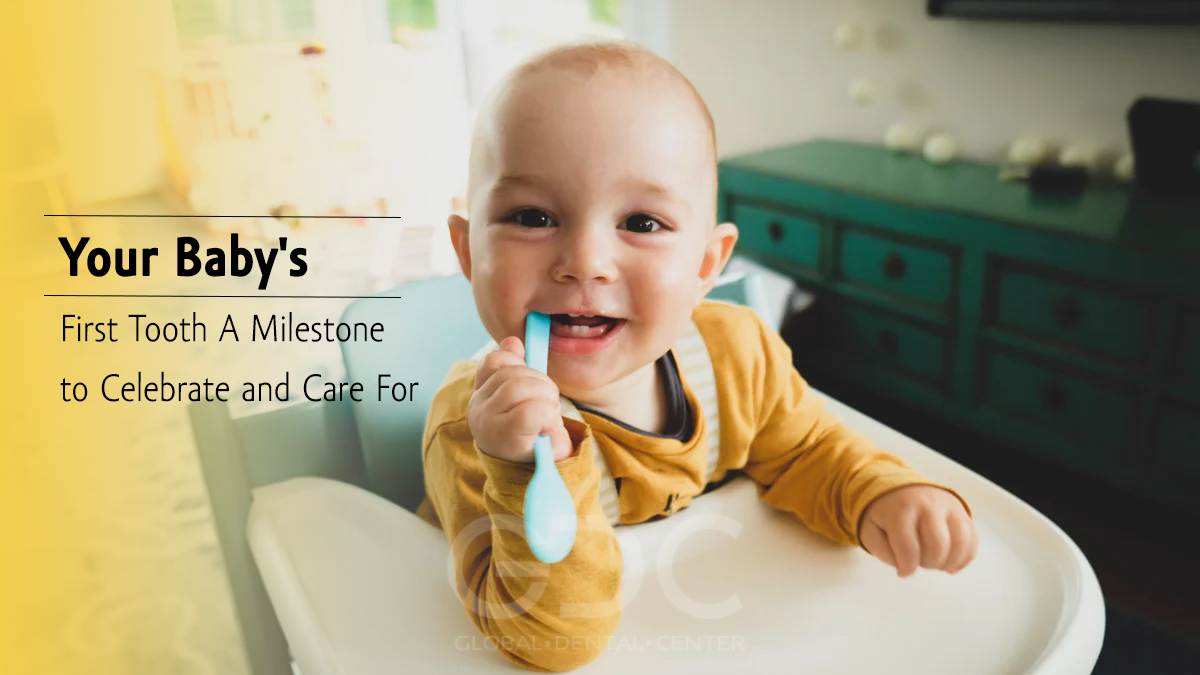
One of the most exciting milestones in a baby’s development that you as a parent want to witness is the appearance of their first tooth. It’s crucial to understand what to anticipate and how to care for your child’s teeth and gums, whether you’re excitedly awaiting the development of that first pearly white or your kid is already exhibiting teething symptoms. We’ll cover all you need to know about your baby’s first tooth in this article, from when it’s likely to appear to how to maintain its strength and health.
What to Expect When Your Baby’s First Tooth Arrives?
A baby’s first tooth coming in is a significant developmental milestone. It’s crucial for parents to understand what to anticipate from this as well as how to take care of their child’s developing teeth and gums. Everything you need to know about your baby’s first tooth will be covered in this post.
When Will Your Baby’s First Tooth Come In?
Although a baby’s first tooth can erupt at any time, most of them do so between the ages of 4 and 7 months. Some infants may erupt their first teeth as early as 3 months of age, while others may wait until they are at least a year old. See your pediatrician if your child still lacks teeth a year after their first birthday.
Signs That Your Baby Is Teething
Before your baby’s first tooth actually appears, they may exhibit some signs of teething. These signs can include:
- Drooling
- Chewing on objects
- Irritability or fussiness
- Trouble sleeping
- Red or swollen gums
If your baby is experiencing any of these symptoms, it’s a good idea to give them something to chew on, such as a teething ring, and to gently massage their gums with a clean finger.
How to Care for Your Baby’s First Tooth
Once your baby’s first tooth arrives, it’s important to start caring for it right away. You can do this by:
- Brushing the tooth with a soft-bristled toothbrush and a tiny amount of fluoride toothpaste (about the size of a grain of rice).
- Avoiding sugary or acidic foods and drinks, which can be harmful to your baby’s teeth.
- Scheduling your baby’s first dental appointment around their first birthday or when their first tooth appears, whichever comes first.
Common Concerns About Baby Teeth
As your baby’s teeth continue to come in, you may have some concerns about their dental health. Here are some common questions parents have about baby teeth:
What if my baby’s teeth come in crooked or uneven?
This is normal for baby teeth, and it’s usually not a cause for concern. Most baby teeth will straighten out as your child’s jaw grows and their permanent teeth come in.
What if my baby’s teeth are discolored?
Baby teeth can sometimes have white spots or even be a bit yellow in color. This is usually not a cause for concern, but it’s a good idea to talk to your dentist if you’re worried.
What if my baby loses a tooth too early?
If your baby loses a tooth before it’s supposed to come out, it’s a good idea to talk to your dentist. They may recommend a space maintainer to ensure that your child’s permanent teeth come in properly.
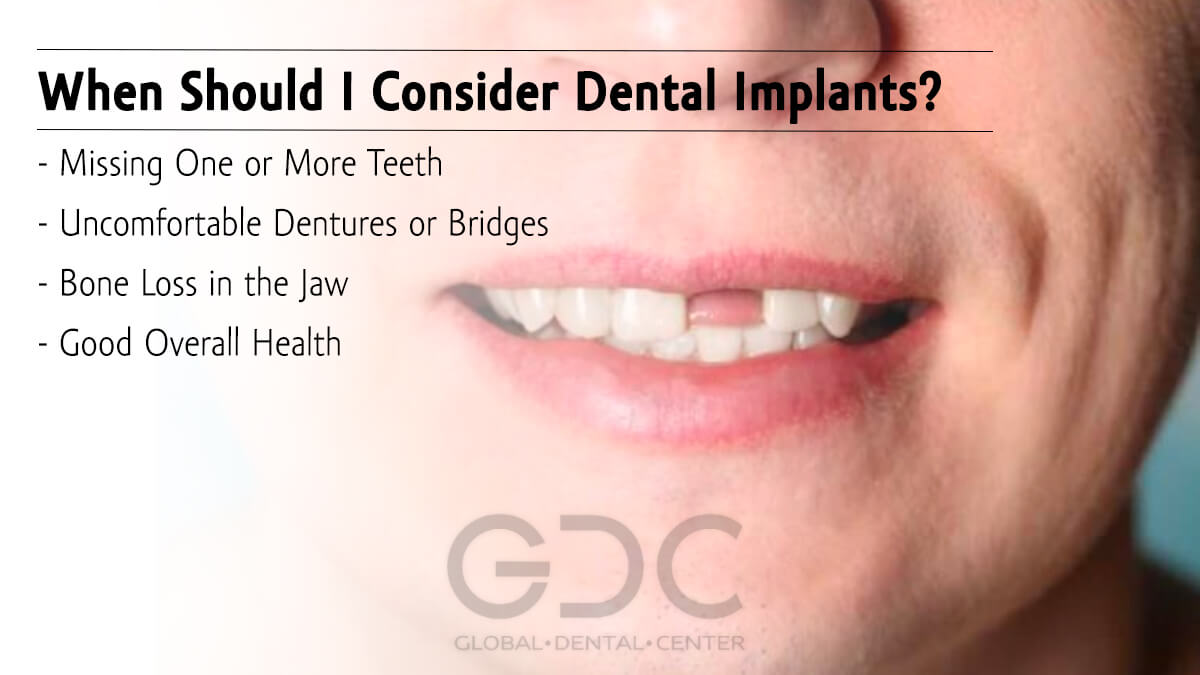
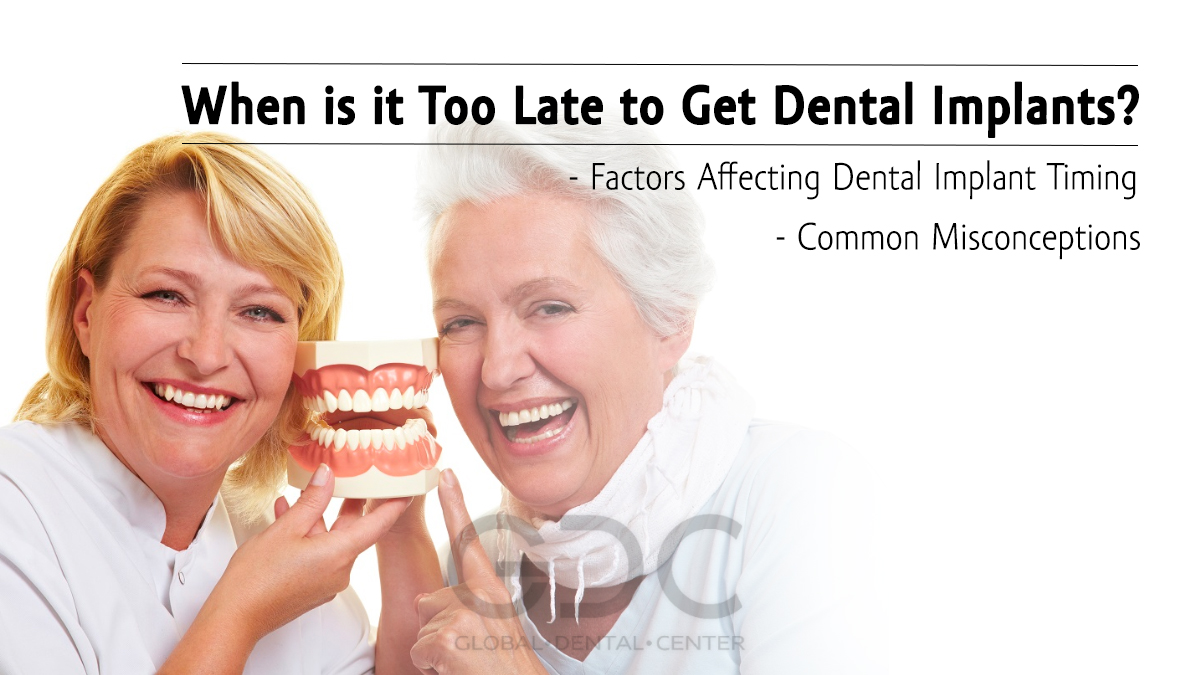
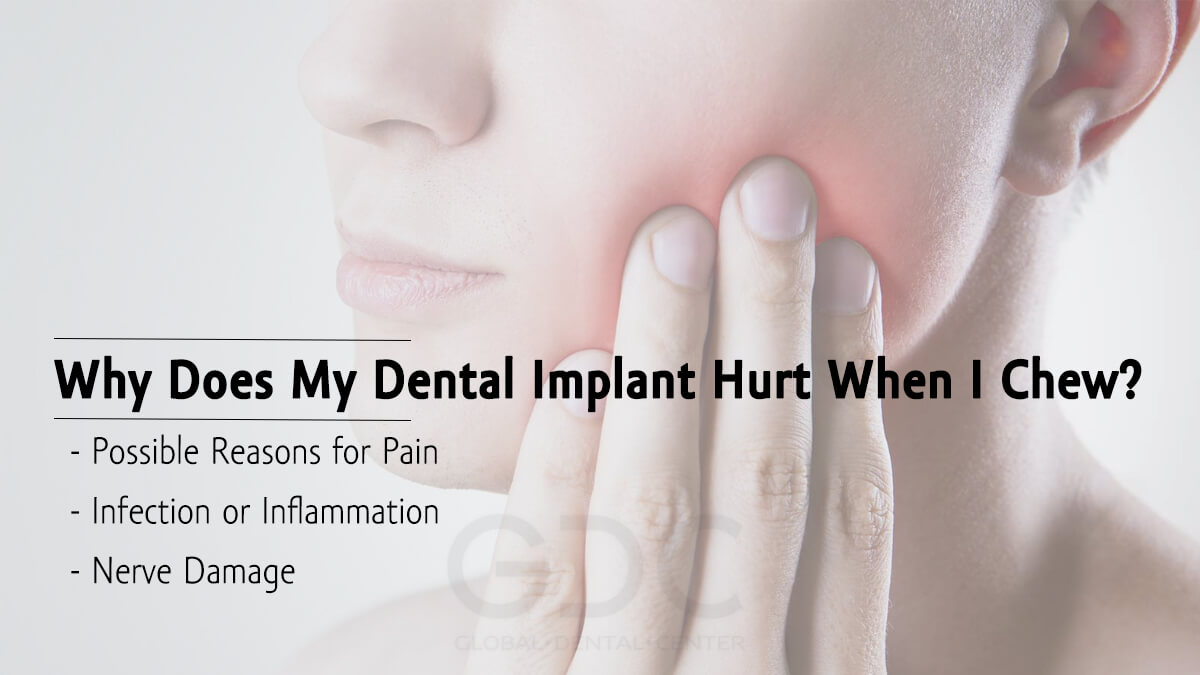
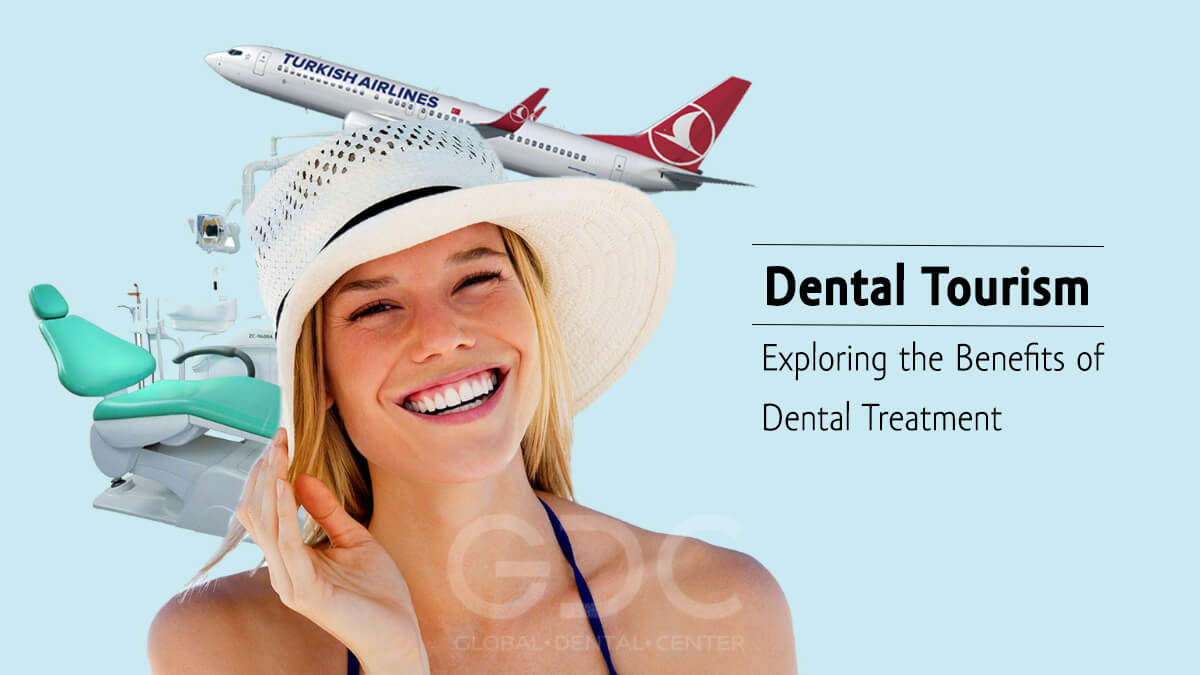
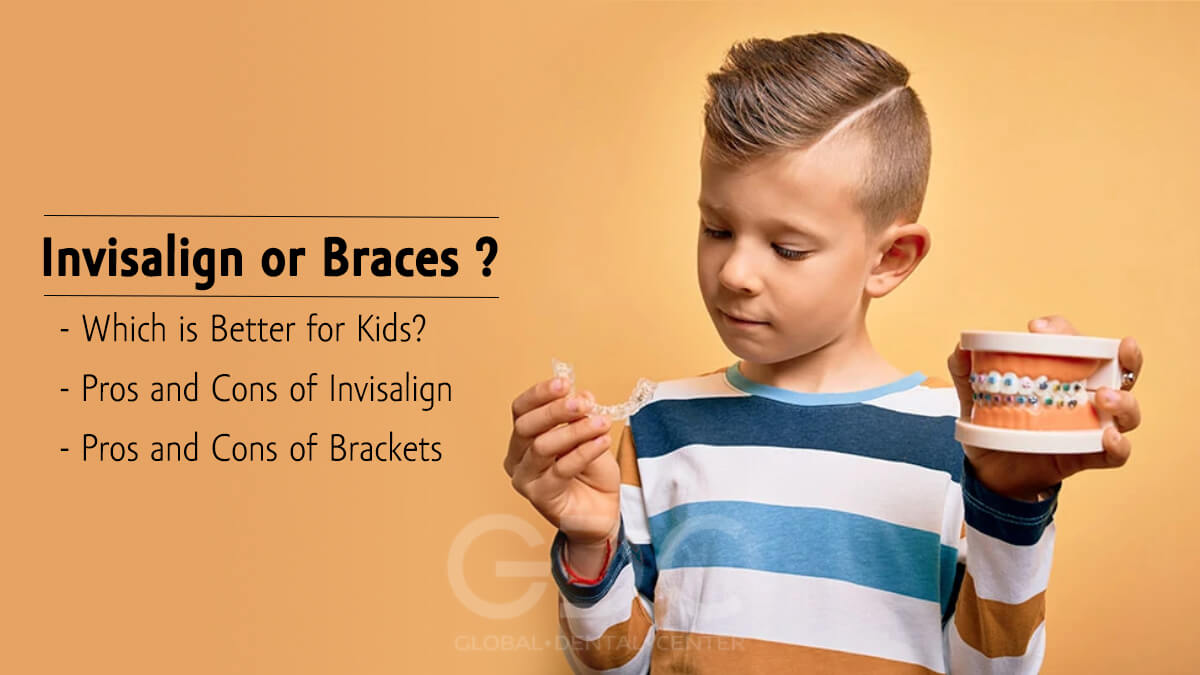
Free Consultation Form